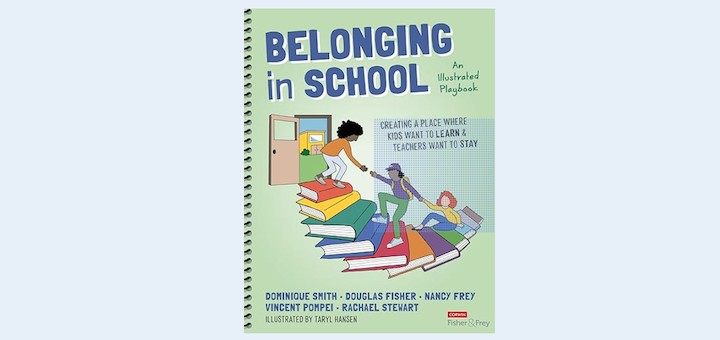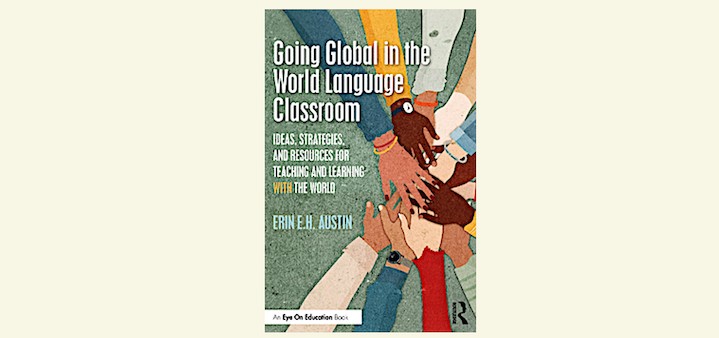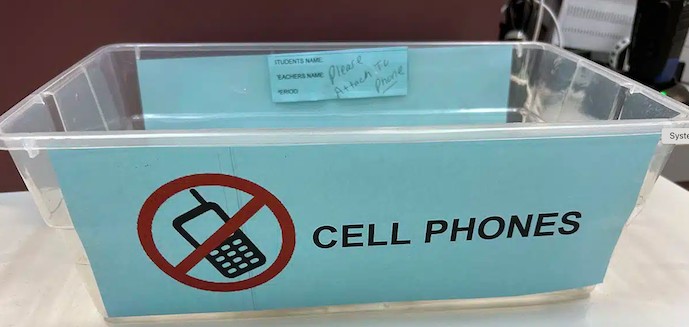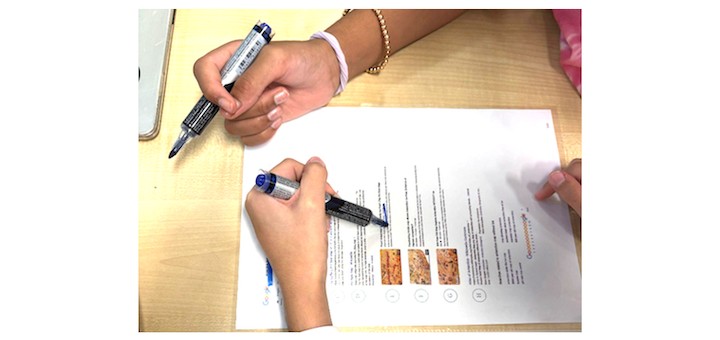Teaching and learning in grades 4-8
For educators committed to creating inclusive and supportive school environments, Belonging in School serves up 11 evidence-based modules with actions and strategies and a highly visual style designed to help students feel included, writes 6th grade teacher Ruth A.S. Miller.
Whether it’s standing desks, beanbags or low tables, flexible seating helps students feel more comfortable, engaged, and in control of their own learning. Kathie Palmieri shares research showing how flexible seating can meet physical, social, and cognitive needs of students.
Authentic STEM projects integrate technology seamlessly, so that it plays a genuine role in helping students research, solve and communicate the results of their challenge. STEM expert Anne Jolly suggests ways to include artificial intelligence tools in the learning process.
Travel abroad is a chance for students to step out of their comfort zones, build connections, and develop a global perspective – to engage authentically with people and places beyond their cultural affiliations or national borders, writes middle school head Michael McLaughlin.
Going Global in the World Language Classroom advocates for a shift in language instruction from a focus solely on grammar and vocabulary to one that integrates cultural understanding and global awareness, all to foster curiosity, respect and open-mindedness among our learners.
It’s not enough to take the phones away, writes educator Tom Rademacher. Schools need to make sure there are energizing, collaborative, challenging things to do. “We need to change what it feels like to be in school and make it easy – or easier – for students to not-phone.”
Concerned by the News Literacy Project’s survey revealing teens’ difficulties in separating fact and fiction, Megan Kelly is finding as many classroom minutes as possible to build her students’ media literacy skills. She shares some quick activities her classes like best.
Lauren Porosoff’s Teach for Authentic Engagement seamlessly ties together the big ideas of student engagement with easy-to-follow protocols, writes Laurie Miller Hornik. The book delves into the 3 spheres in which the students can engage: the content, their work, and each other.
Building small but mighty habits that we commit to without having to overthink what we’re doing is a far more effective and lasting approach to not just getting each day done and dusted, but to also retaining feelings of accomplishment and productivity, writes Miriam Plotinsky.
Supporting learners through effective vocabulary instruction is critical to their success. Curtis Chandler offers a “crash course” – a compendium of key principles, strategies, and research-backed methods to help students build key vocabulary skills, whatever your subject area.






































